It has been almost six years since the Second Payment Services Directive (PSD2) came into force and laid the foundations for Open Banking in the EU and UK. Now Europe is preparing for the introduction of a sequel to this game-changing regulation: the PSD3.
However, this time the latest Payment Services Directive is accompanied by the Payment Services Regulation (PSR). Together, these new rules will enable Europe to push forward into Open Finance – the next stage of Open Banking. Their impact will be augmented and enhanced by a third set of rules, the Financial Data Access (FIDA) framework.
It is important for all players in the European Open Banking ecosystem to understand the impact of PSD3, PSR1 and FIDA, which will combine to become a major landmark in the wider Open Banking journey. Yet understanding the PSD3 should also be a priority for innovators in other markets, who will be able to draw influence from the new rules when developing their own Open Finance ecosystems.
Here is the Campfire during which PSD3 was discussed with industry leaders:
Understanding The PSD2
This Directive was implemented as an attempt to revolutionise the payments industry, with an emphasis on making electronic transactions safer and allowing more innovation to occur across the sector focusing on end customer needs. It came into full effect in 2018 and involved several key pillars:
Enhanced Security: The PSD2 introduced Strong Customer Authentication (SCA) to bolster the security of digital transactions. This requirement is now familiar to us, as we often encounter multiple-factor authentication on our mobile devices.
Competition: PSD2 sought to level the playing field between traditional banks and emerging non-bank Payment Service Providers (PSPs). The narrative of fintech as the enemy of incumbents transformed into a model of cooperation and collaboration, bringing forth new customer experiences.
Open Banking: PSD2 paved the way for open banking, an initiative that has thrived in the UK and the EU. It allowed for the emergence of various use cases and innovative solutions to address customer needs.
With these foundational changes, PSD2 set the stage for a new era in financial services. Since 2018, the rise of crypto assets, the advent of Buy Now, Pay Later (BNPL) services, and other innovations have reshaped the industry in ways we couldn’t have foreseen a decade ago.

PSD3: Evolution or Revolution?
The PSD3 is often described as an evolution, rather than a revolution. It is expected to incorporate recent changes in the financial landscape, such as the digital acceleration driven by the pandemic and the increasing adoption of innovative financial services. Crucially, It marks a significant step towards an Open Finance world.
PSD3 and PSR1 will introduce higher levels of regulation. In turn, it is expected that consumer trust and confidence in Open Banking and Open Finance services will increase, driving an uptake in adoption and encouraging the industry to pursue the development of other new services.
It is important to understand that PSD3 is a directive and PSR1 is a regulation. Regulations do not need to be transposed into individual member states’ laws, potentially streamlining implementation and harmonisation across the Eurozone.
Within this evolving landscape, the Financial Data Access Framework (FIDA) emerges as a critical framework. FIDA is designed to expand the concept of Open Data beyond banking, encompassing various financial products and services. It aligns with the broader journey of incorporating data sources like retail healthcare data into digital financial lives.
FIDA represents a pivotal step in fostering innovation and consumer trust. Alongside PSD3 and PSR1, it opens doors for a wide range of financial services and products while ensuring the security and reliability of these offerings.
The new rules will enhance the fight against payment fraud by facilitating the exchange of fraud-related information among payment service providers. This would increase consumer awareness, bolster customer authentication standards, extend refund rights for fraud victims, and mandate the verification of payees’ IBAN numbers against their account names for all credit transfers.
Additionally, the rules will promote fairness between banks and non-bank entities, especially by granting non-bank payment service providers access to all EU payment systems with appropriate safeguards and ensuring their access to bank accounts. It is expected they will eliminate remaining barriers to providing Open Banking services and enhance customers’ control over their payment data. This will pave the way for innovative services to enter the market.
How Will PSD3 Impact Britain?
Clearly, the PSD3 and its companion rules will not come into force in post-Brexit Britain. While leaving the EU has altered the dynamics of the UK market, it also presents opportunities for Britain to be more agile in its regulatory approach.
As PSD3 takes shape, the UK is likely to remain at the forefront of financial service experiences, innovation and financial inclusion. Its digital-first mindset and abundant talent pool position it as a key player in the evolving global Open Finance ecosystem.
The UK is regarded as a progressive financial services landscape and other markets have drawn inspiration from its pioneering work. In Singapore, the Monetary Authority has taken inspiration from the regulatory landscape here which enabled innovation here in the UK and EU. The PSD3 may not impact Britain, but it is likely to inspire new ideas from regulators and industry in the UK, as well as encouraging further competition. Even though the UK will not be impacted in a legal sense, it is therefore important to understand the rules and appreciate the opportunities they unlock in order to ensure that Britain remains competitive.
Preparing For The Future
As we look ahead to the impact of PSD3, it’s evident that the financial services industry is on the cusp of another transformational journey. PSD2 laid the foundation for innovation, competition, and open banking, while PSD3 and the broader Open Finance movement promise to propel us into new territory.
The lessons learned from PSD2 will guide us as we navigate the evolving financial landscape, adapting to the changing needs and expectations of consumers. Whether evolution or revolution, the future of finance promises exciting possibilities for both industry players and end-users alike.




 13:30 14 Nov 2023
13:30 14 Nov 2023  " alt="">
" alt="">

 " alt="">
" alt="">
 " alt="">
" alt="">
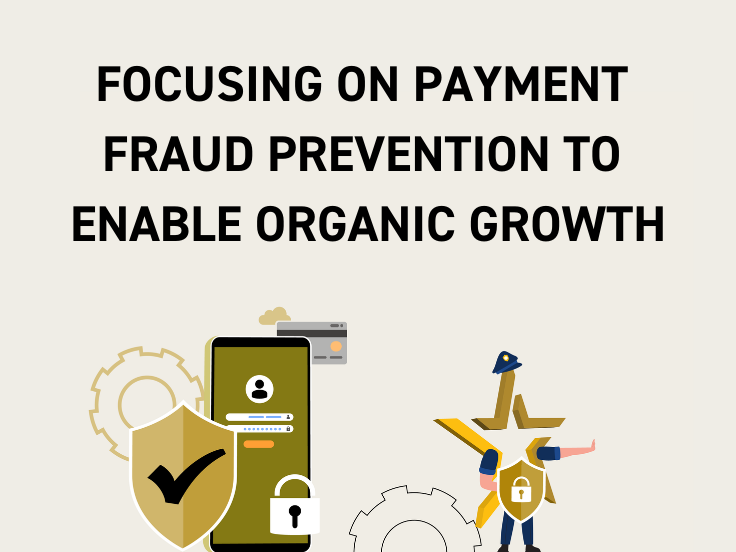 " alt="">
" alt="">
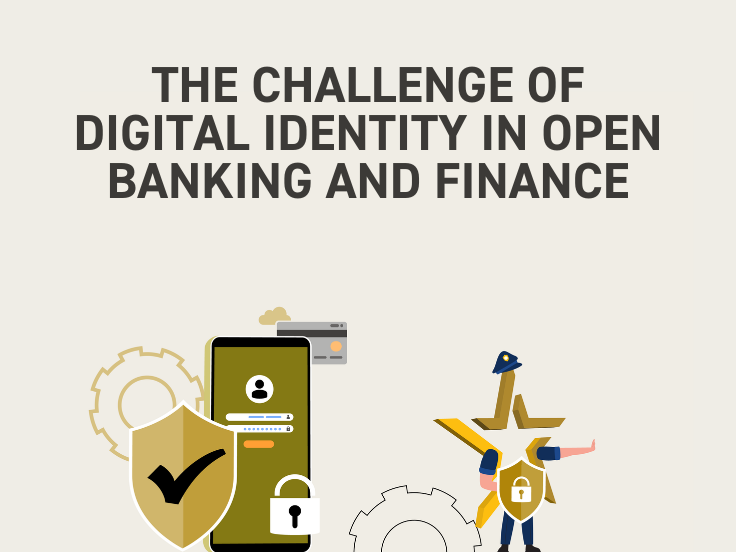 " alt="">
" alt="">
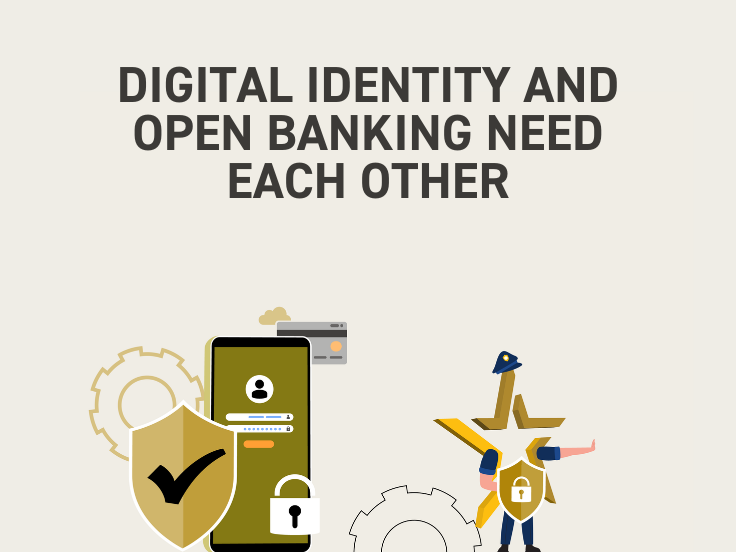 " alt="">
" alt="">
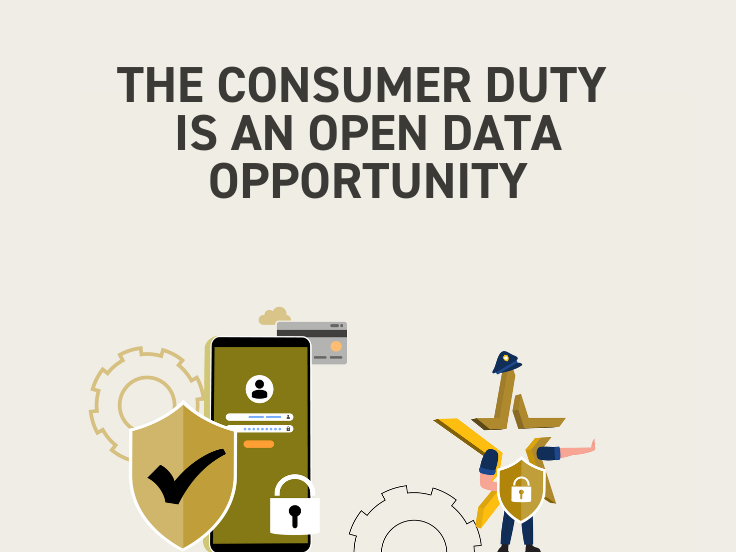 " alt="">
" alt="">
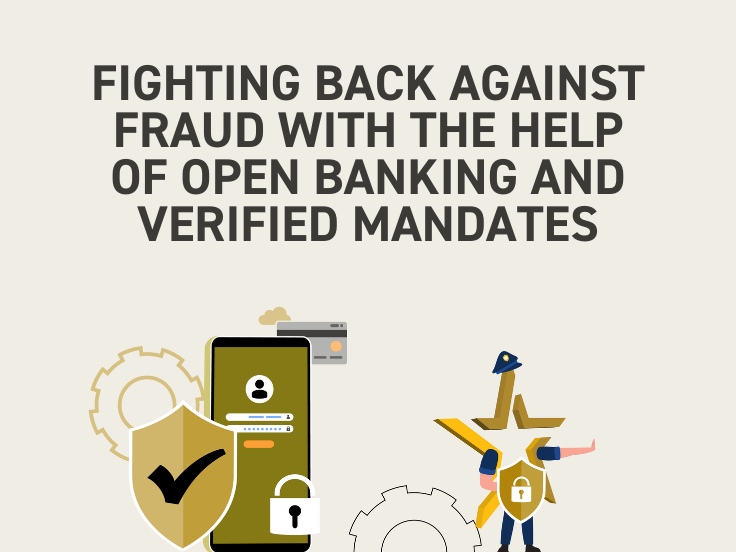 " alt="">
" alt="">
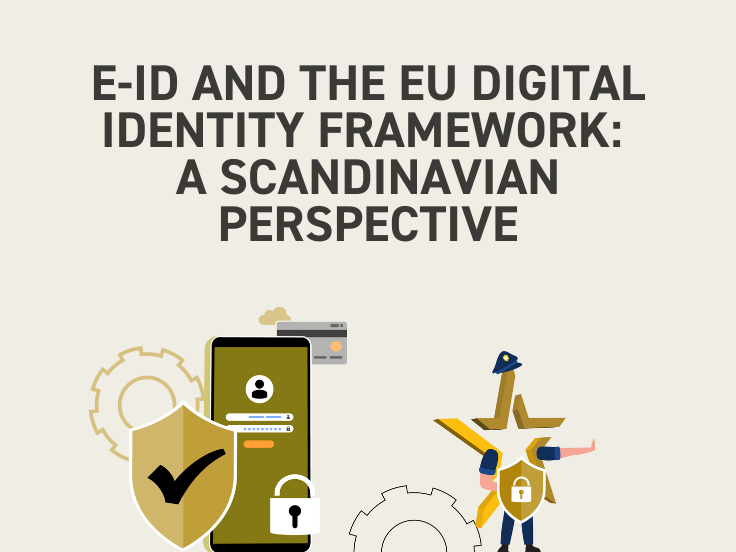 " alt="">
" alt="">
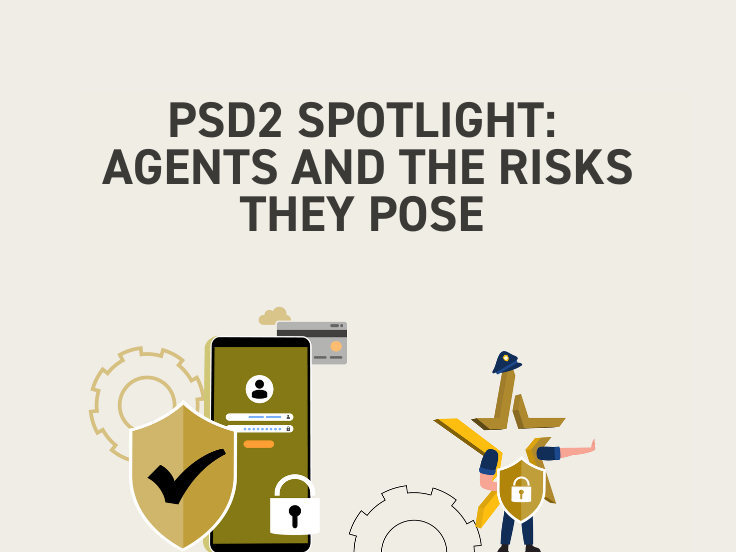 " alt="">
" alt="">